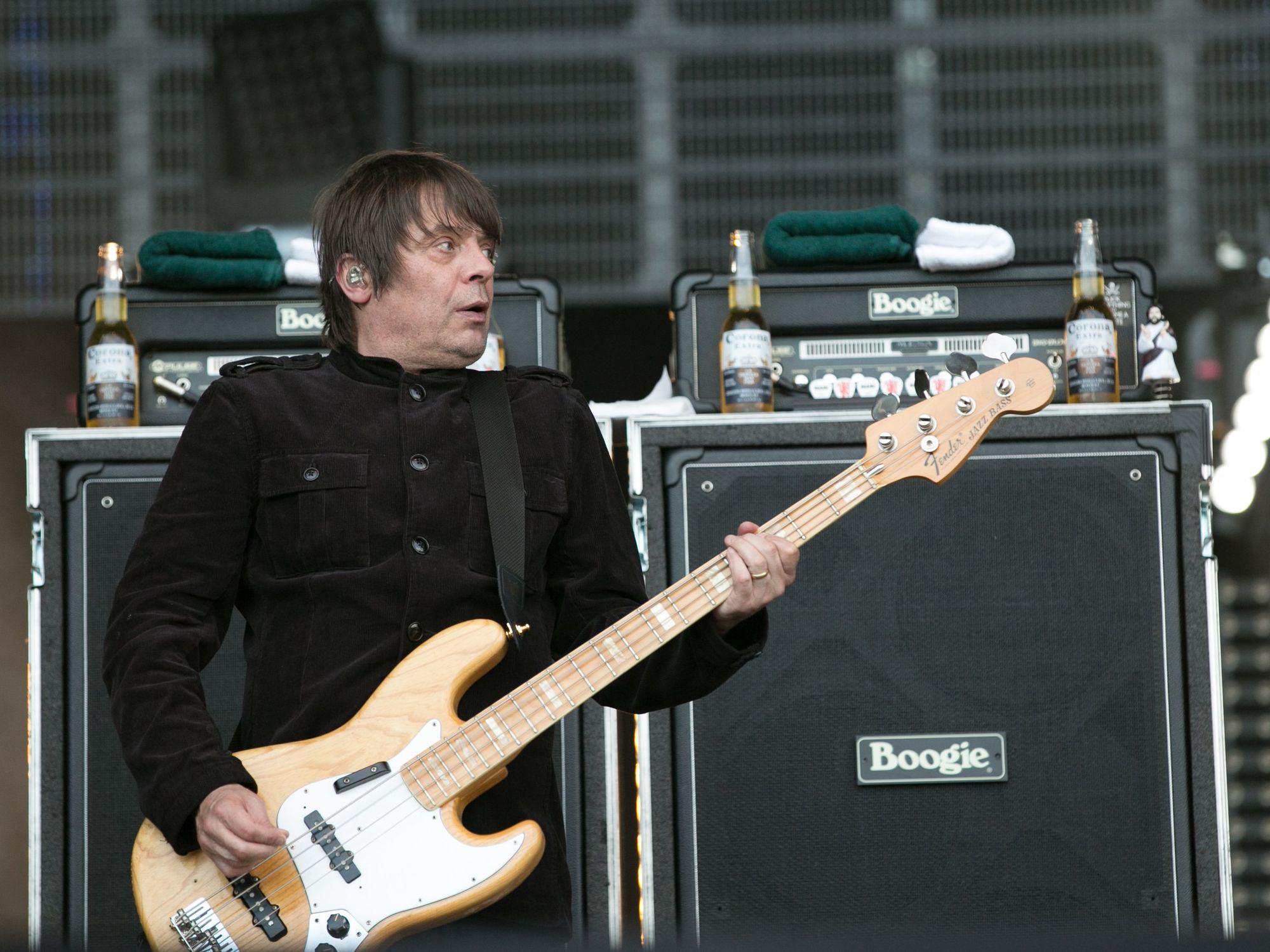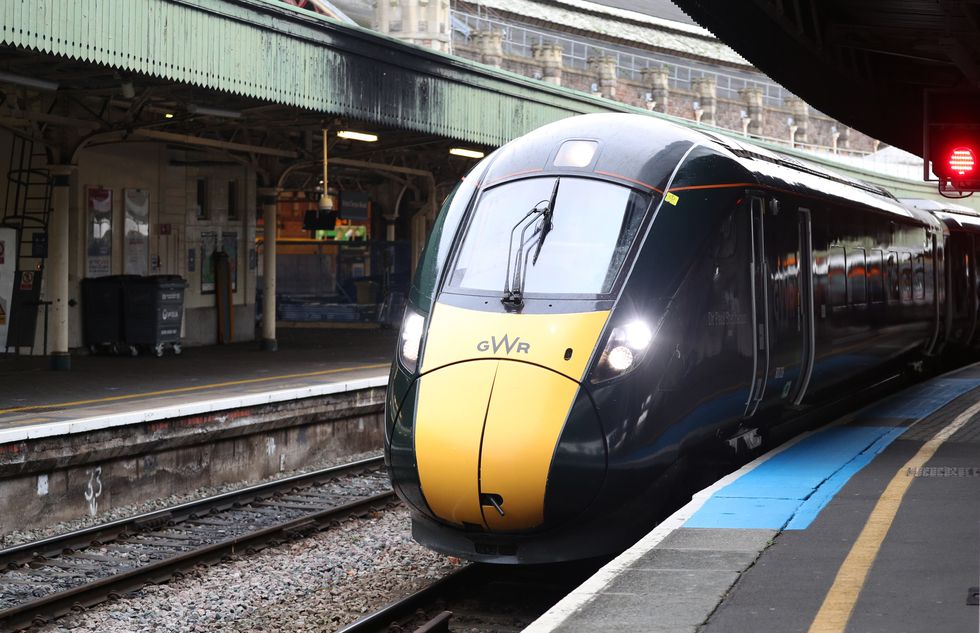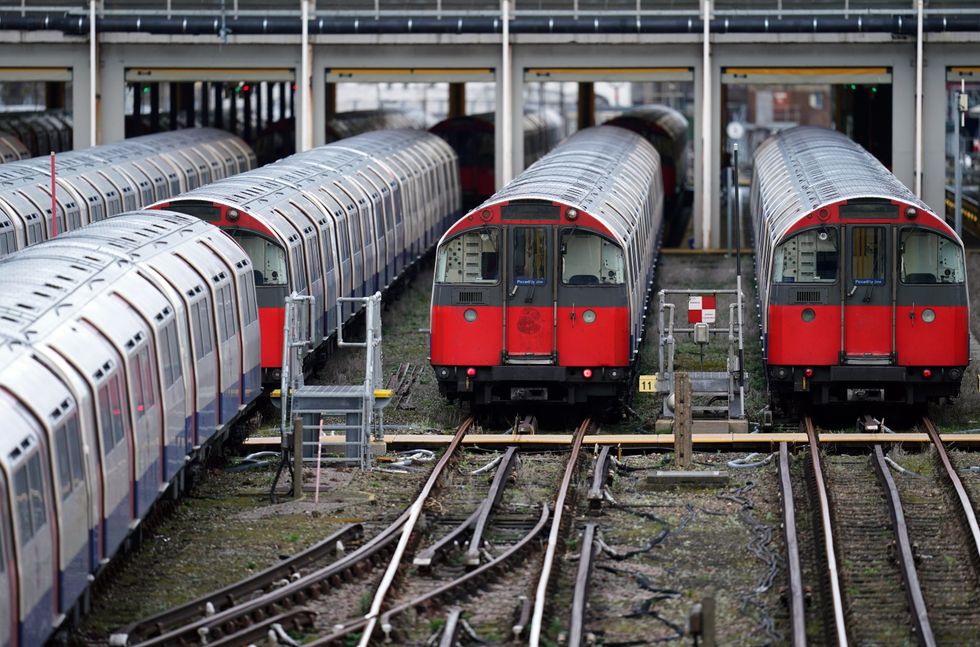Unions threatening to bring British summer to a standstill with biggest rail strike ever
40,000 railway workers are set to vote on whether they will be striking in June
Don't Miss
Most Read
Latest
The Rail, Maritime and Transport (RMT) union have announced today more than 40,000 railway workers are to be balloted for strike action in disputes over jobs and pay.
The RMT has blamed the action on Network Rail’s plans to cut at least 2,500 safety-critical maintenance jobs as part of a £2 billion reduction in spending on the network.
Train operators have also been subject to pay freezes and changes to their terms and conditions.
The ballot opens on April 26 and closes on May 24 so, strike action could begin in June.
RMT general secretary Mick Lynch said: “Railway workers have had to contend with pay freezes, the prospect of losing their jobs and repeated attacks on their terms and conditions.
“Removing 2,500 safety-critical jobs from Network Rail will spell disaster for the public, make accidents more likely and will increase the possibility of trains flying off the tracks.
A Great Western Railway train arrives at a platform at Bristol Temple Meads station in Bristol
Andrew Matthews
“Train operating companies have praised our members for being key workers during the pandemic but have refused to keep staff pay in line with inflation and soaring living costs.
“As a result, thousands of railway workers have seen their living standards plummet and have run out of patience.”
Strikes across the London Underground will also be taking place every Friday and Saturday until mid-June, causing disruption to the Central and Victoria lines.
Mr Lynch added: “A national rail strike will bring the country to a standstill, but our members’ livelihoods and passenger safety are our priorities.”
Tube trains parked up at a depot in London during a strike by Rail, Maritime and Transport union members
John Walton
The ballot will be among RMT members on Network Rail and Chiltern Railways, Cross Country Trains, Greater Anglia, LNER, East Midlands Railway, c2c, Great Western Railway, Northern Trains, South Eastern Railway, South Western Railway, Island Line, GTR (including Gatwick Express), Transpennine Express, Avanti West Coast, and West Midlands Trains.
Tim Shoveller, Network Rail’s regional director, said: “Our railway has been hit hard by the Covid-19 pandemic, and even as passenger numbers start to recover, we know travel habits and passenger demand have changed and the industry has to change too.
“We cannot keep relying on Government handouts, and so we must work together with train operators and our trades unions to save millions of pounds and deliver a more efficient railway.
“Our modernisation programme aims to build a sustainable future that delivers for passengers and creates better and safer jobs for our people.
“We are disappointed that the RMT has taken this decision and urge them again to work with us, not against us, as we build an affordable railway fit for the future.”
A Rail Delivery Group spokesman said: “The pandemic was an unprecedented shock for the railway, with the lowest passenger numbers in over 150 years and record levels of public funding to keep it running.
“Our whole focus now should be securing a thriving future for rail that adapts to new travel patterns and takes no more than its fair share from taxpayers, instead of staging premature industrial action which would disrupt passengers’ lives and put the industry’s recovery at risk.
“For the sake of our people and everyone who relies on our railway every day, we want the RMT to work with us to bring how we run our services up to date so that it is more reliable, more affordable and inspires more passengers back on board.
Mr Shoveller added: “We would not consider any changes that would make the railway less safe.”













